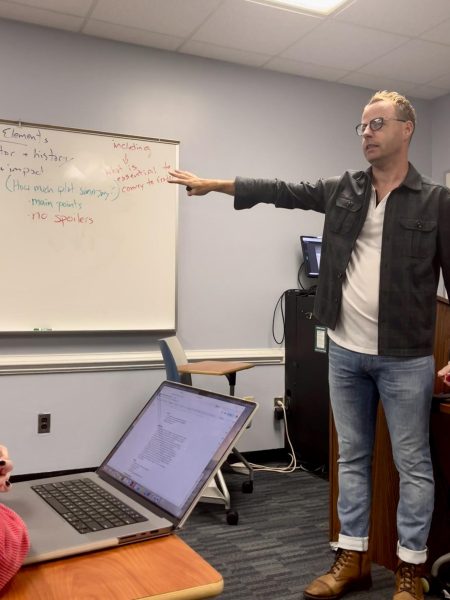
No matter what you choose to study in college, one thing is true: you’re going to have to communicate with a wide variety of people. You communicate with the student that sits next to you, the professor teaching the class or your advisor when registration time rolls around. Therefore, it’s imperative for any young professional to perfect their skills in media literacy, interpersonal communication and critical thinking.
Dr. Josh Roiland is an assistant professor in UNCW’s English department who is responsible for teaching journalism-focused courses like ENG 202, Introduction to Journalism. No matter what your career goals are, skills gained from studying journalism, such as written and oral communication, research and investigatory skills, media literacy and critical thinking skills will make you a well-rounded and valuable candidate for any career field. Roiland believes that the skills one gains from understanding journalism are transferable to all majors, stating that “you don’t have to be a journalist to be a journalism minor.”
Roiland argues that through learning the art of investigative journalism, students can perfect their ability to ask difficult questions and become quality communicators. He says that “the journalism minor helps people become better critical thinkers, helps people ask the right questions, helps people not accept things at face value, and promotes curiosity.”
Tamlyn Shields, a senior lecturer in UNCW’s Exercise Science Department agrees, stating, “communication skills are good anytime, but especially when you might be working with people who are going through a particularly difficult time [while physically injured].” She notes the importance of strong communication skills for students looking into healthcare careers, stating that, “It’s important to be able to take all of that scientific information and communicate it in a way that your patient can understand.”
To those in STEM fields who have not thought about adding a journalism minor to their degree, Shields stated that “having a journalism background would be helpful” because students in the sciences can use it to “market themselves and help build a professional reputation in the community they’re serving.” UNCW’s journalism minor web page concurs, describing the journalism minor as drawing from “the rich array of courses offered by the Departments of English and Communication Studies” to provide students with “a broad base of knowledge” that they can apply to any major they desire.
Fiona McPhail, a senior at UNCW majoring in nursing, has daily shifts at Novant New Hanover Regional Medical Center. These require her to have impeccable critical thinking and communication skills in high-pressure situations for the sake of “patient safety and to provide quality care.” Her career in nursing requires her to be in constant communication with other nurses and co-workers to get reports and necessary information as they take over care for each other’s patients. The act of creating these detailed reports successfully requires skills in media literacy, reporting and interpersonal communication.
McPhail shared that “as a nurse, you’re constantly talking to physical therapists, dietitians, the peace manager, the doctors, and a million other people.” McPhail asserted that to be successful as a nurse, student nurses need to be familiar with “a collaborative way of communicating.” With an added journalism minor, Roiland states that nursing students like McPhail could take their nursing careers a step further by learning “how to take information, figure out what’s important, and then transmit that information to whoever needs it.”
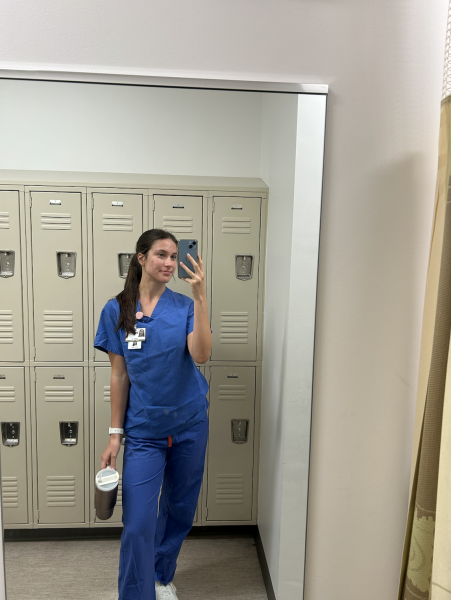
Emily Miller, a senior and a business major at UNCW, shared that learning and perfecting interpersonal skills are essential to the work she does in her major, “especially if you’re going into a field like marketing where you have to know how to read your client base.” Miller also serves as the president of UNCW’s Panhellenic Council and shared that her position would be “virtually impossible for her to hold without knowing how to communicate with other people.”
Miller is constantly in contact with co-workers, whether its other members of the Panhellenic Council, her professors, or peers in her classes. Miller must understand media creation on multiple platforms “because there are so many subtypes of social media that sororities post on, and the posts get sent to [her] for approval.” Pursuing a business degree with a focus on law, she agreed that “the ability to understand things from different perspectives is necessary, because people don’t always agree on the truth.”

In his final comments on the benefits of adding a journalism minor, Roiland stated that “the point of college is to experience new and different things and to broaden our understanding of things we haven’t previously had experience with.” He adds that “a journalism minor really allows people to do that.” If you are at all interested in adding a minor in journalism, you can contact UNCW’s Journalism Minor Coordinator, Jennifer Brubaker, at [email protected].







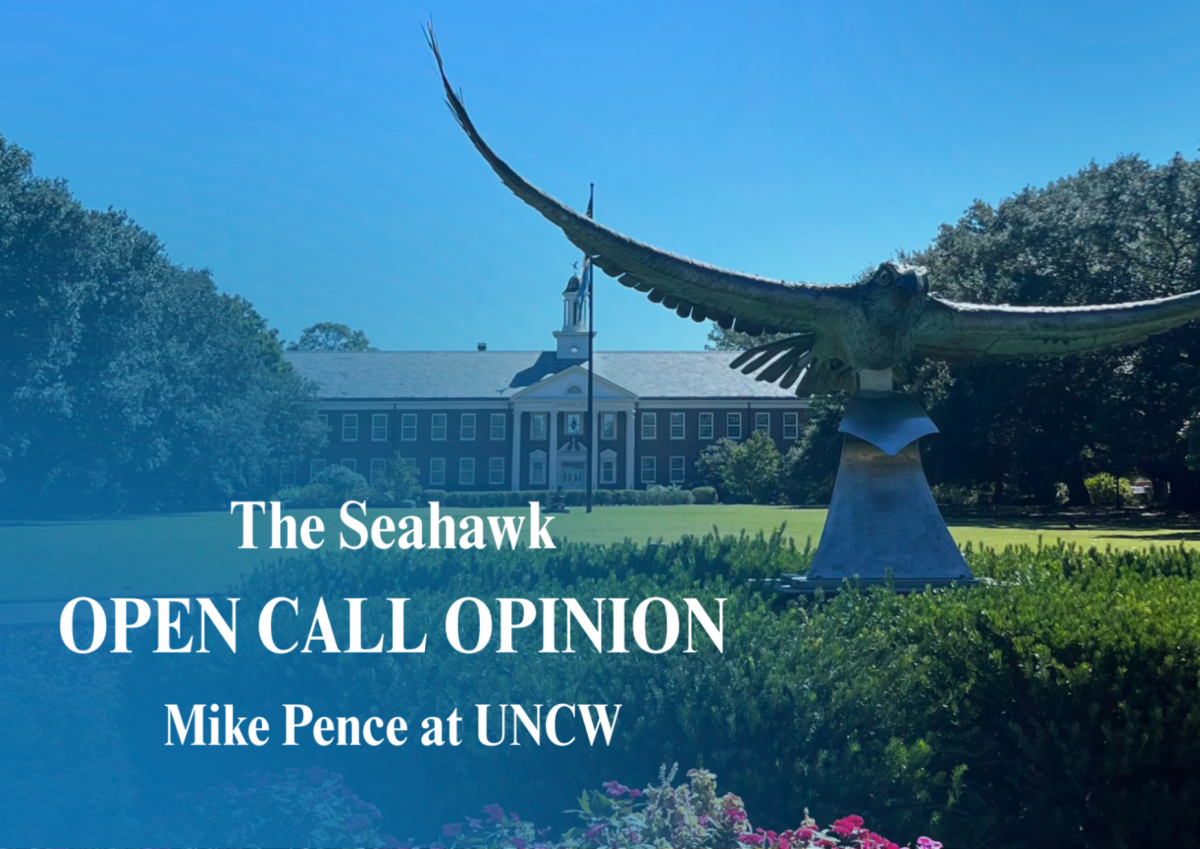



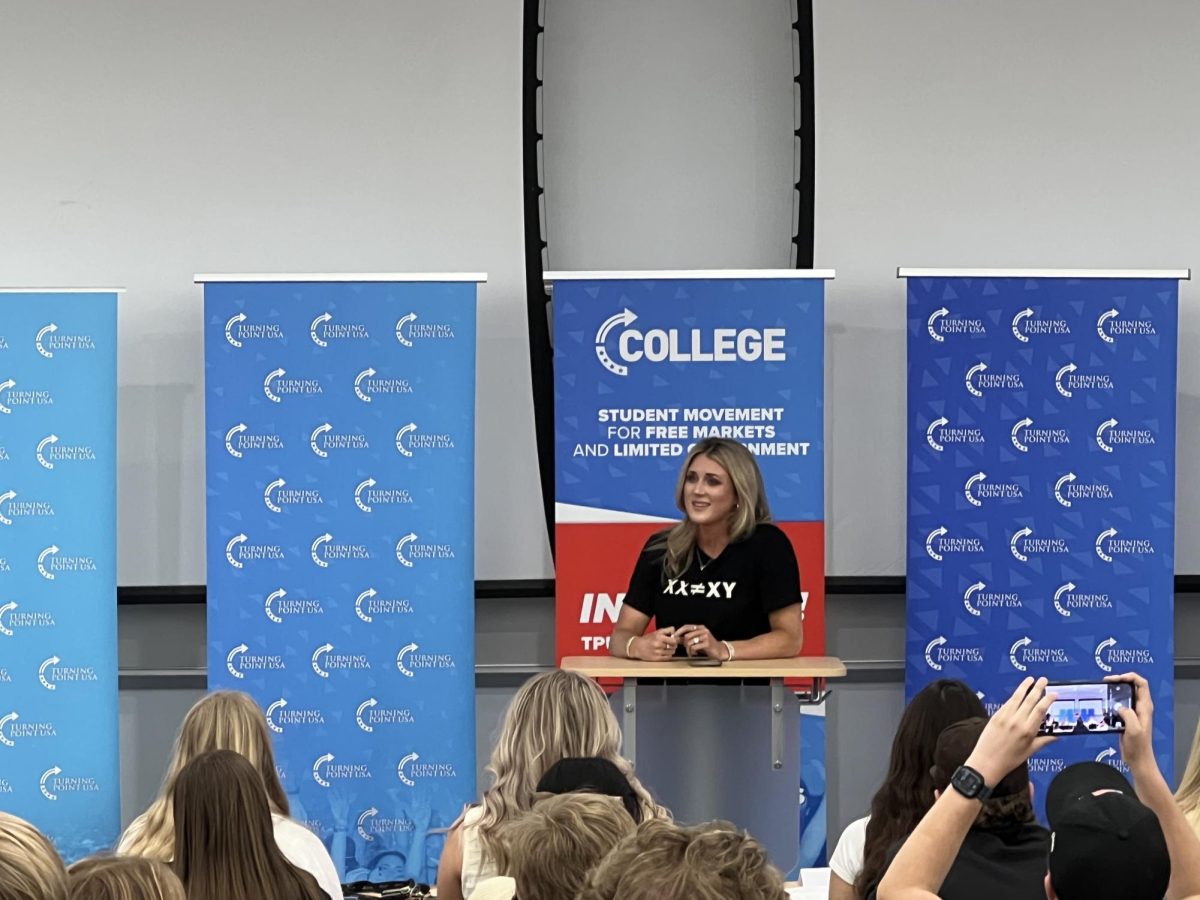


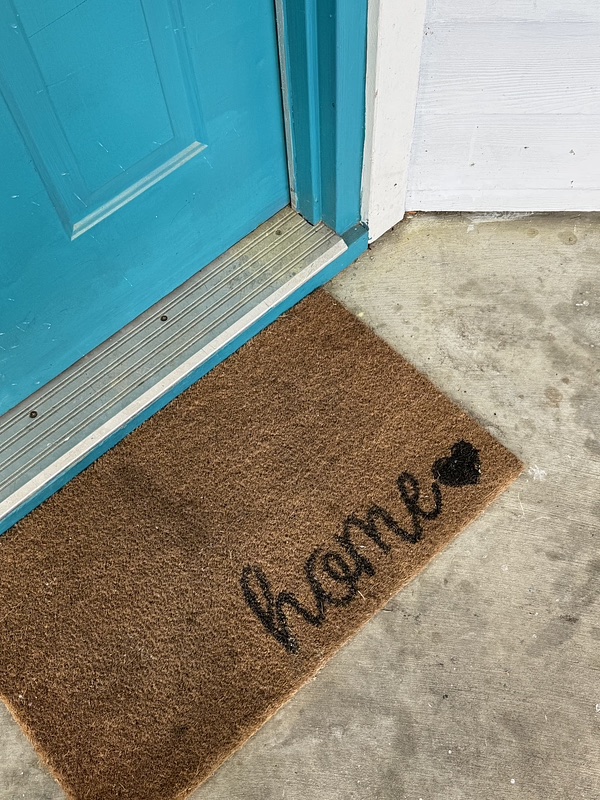
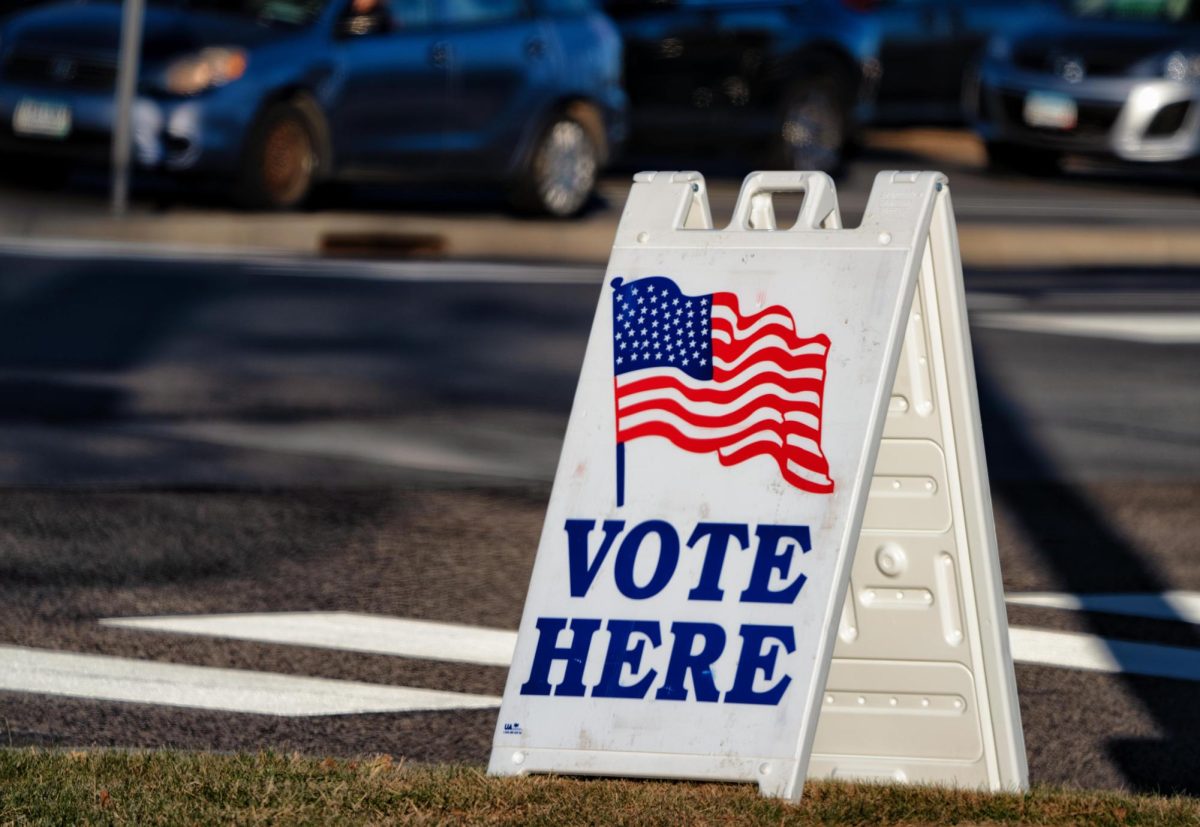

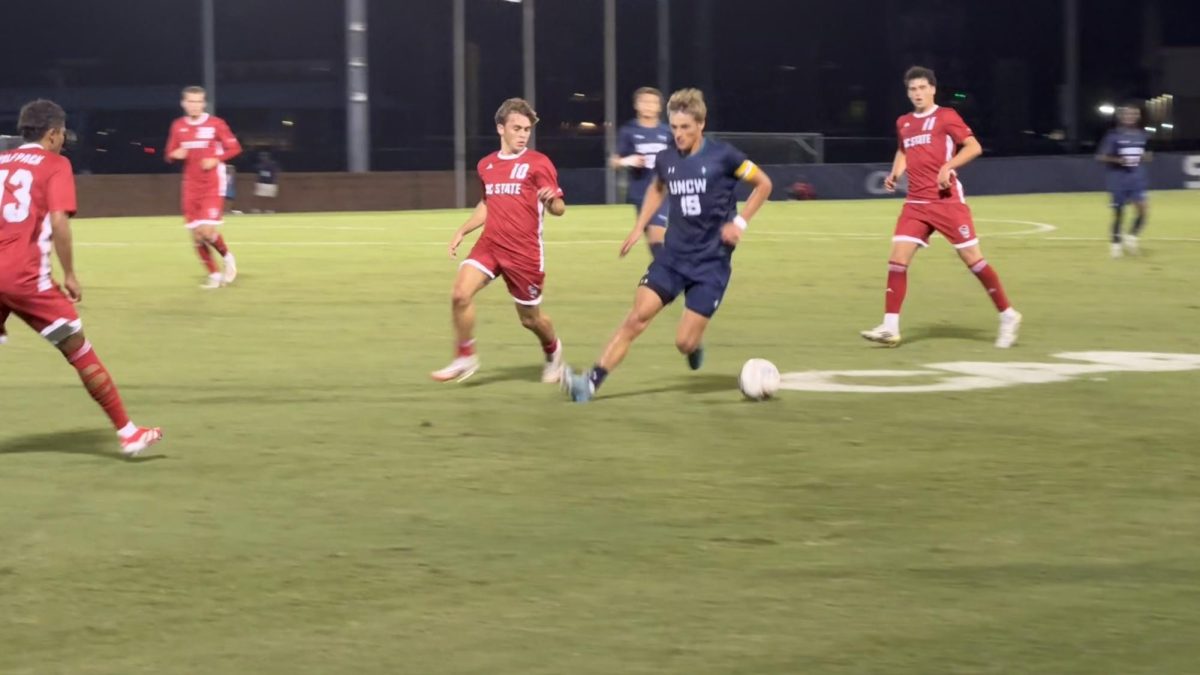



Elizabeth • Oct 24, 2024 at 2:54 pm
Great article. I thoroughly enjoyed my classes with Dr. Roiland and in the entire English department.
Jen DeMan • Oct 22, 2024 at 11:50 pm
An informative and well written article Alli!
Seahwak Guy • Oct 21, 2024 at 4:21 am
Great article. A minor in Journalism is ab excellent idea!